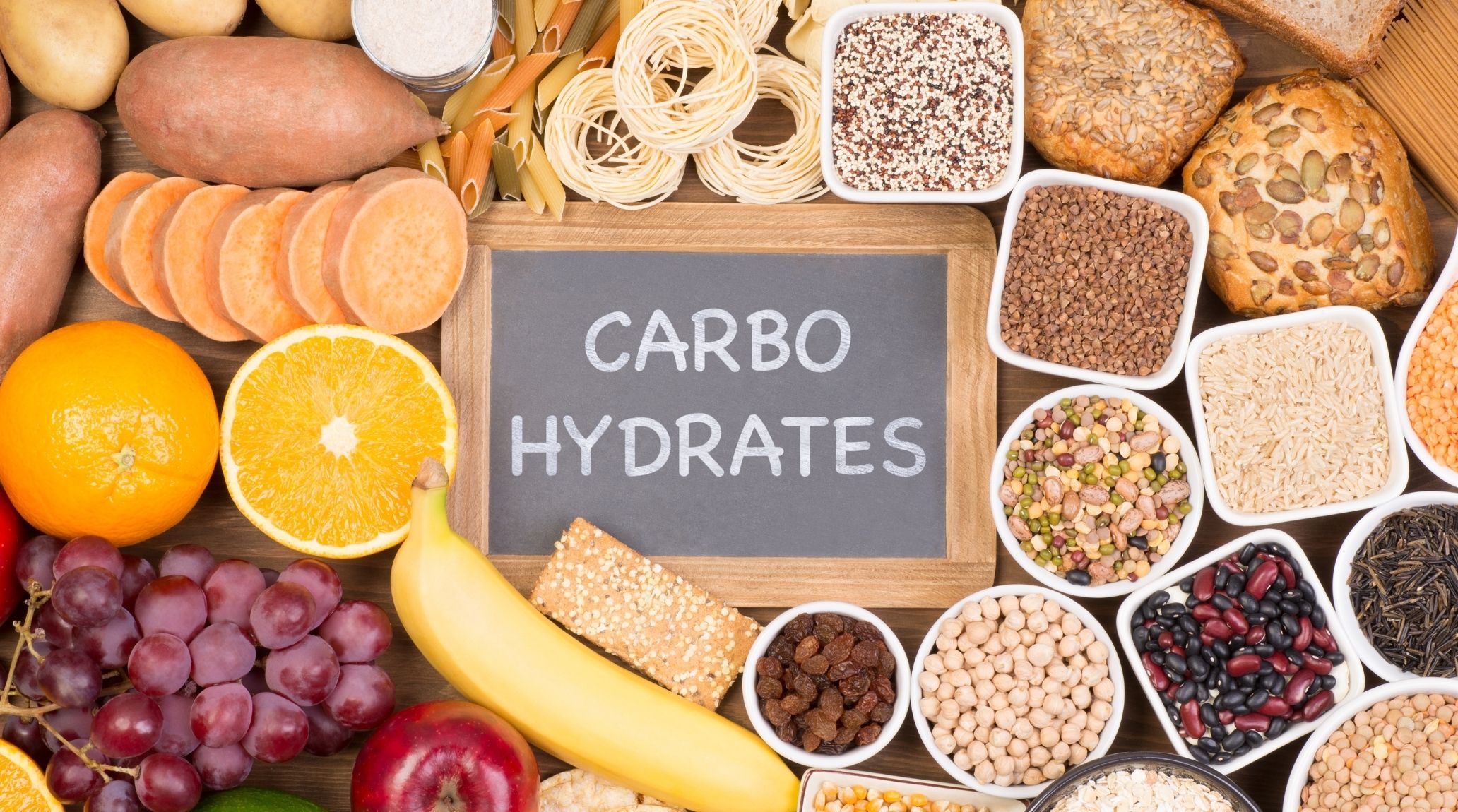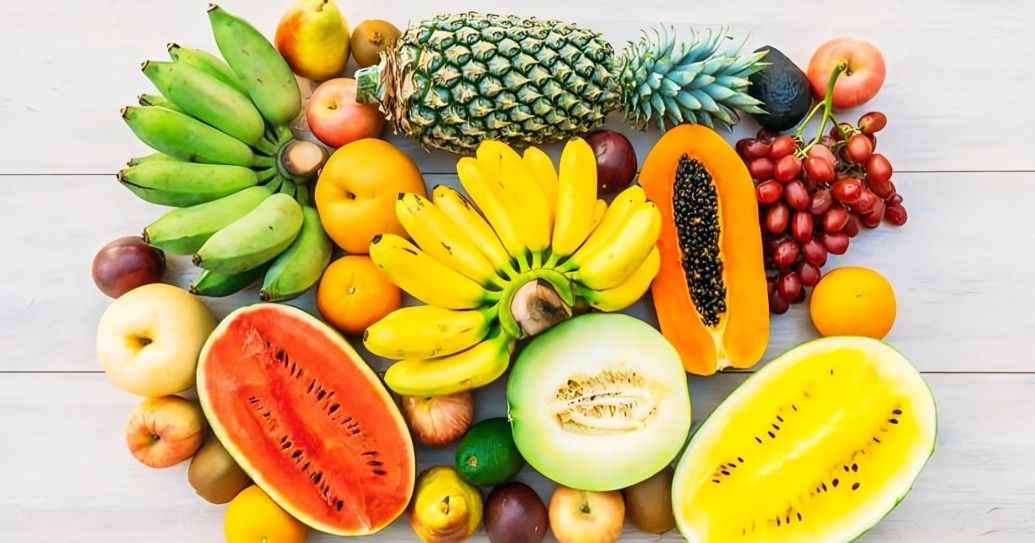
“
Carbohydrates are one of the primary macronutrients, playing a crucial role in providing energy for the body. In this article, we’ll explore 20 essential facts about carbohydrates, breaking down their types, benefits, and potential drawbacks. From complex carbohydrates like whole grains to simple sugars found in fruits, you’ll discover how these nutrients contribute to your overall well-being. 1
1
”
Carbohydrates are biomolecules made of carbon, hydrogen, and oxygen, with a hydrogen-to-oxygen ratio of 2:1, similar to water. They are essential macronutrients that provide energy by converting digestible carbohydrates into sugar. 1
Think you can't get carbs from animal sources? Surprise! Lactose, a disaccharide sugar found in milk and dairy products, is a carbohydrate that provides energy. It consists of glucose and galactose, contributing to the total carbohydrate intake. 2
Fiber is technically a carbohydrate, as it consists of long chains of sugars. Although the body cannot digest fiber and it passes through without providing energy, it is still classified as a complex carbohydrate. 3
Carbohydrates are the primary energy source for the body, and even if you stop consuming them, your body stores them for future use. Essential for life and health, carbohydrates provide the same calories as other macronutrients. 4
Consuming excessive carbohydrates can lead to an unhealthy calorie increase, contributing to obesity. Conversely, inadequate carbohydrate intake can result in malnutrition and nutritional deficiencies. 5

Fruits like apples, bananas, and berries are natural sources of carbohydrates, primarily in the form of sugars and fiber. They provide quick energy and are packed with vitamins, antioxidants, and other beneficial nutrients.
On average, 45 to 65% of daily calories should come from carbohydrates. Nutrition Facts labels typically set the Daily Value for total carbohydrates at 275 grams per day, based on a 2,000-calorie diet. 6
Whole grains, such as brown rice, quinoa, and oats, are rich in complex carbohydrates and fiber. They provide sustained energy and are less processed than refined grains. Whole grains also offer essential vitamins and minerals, promoting overall health.7
Meat, poultry, and fish contain no carbohydrates, though processed meats may have small amounts of sugar or starch; trimming fat from meats and choosing fish can help reduce unhealthy saturated fats and promote heart health. 8

Edible roots, such as beets and turnips, are good sources of carbohydrates. They offer a range of vitamins and minerals and add variety to a balanced diet with their unique flavors and textures.
Corn and corn-based products, such as tortillas and popcorn, are rich in carbohydrates, providing a significant energy source with about 19 grams of carbs per 100 grams of corn. They are versatile in various culinary applications, from savory dishes to snacks.9
Many commercially available energy bars are high in carbohydrates. They can provide a quick source of energy for athletes and active individuals but should be chosen carefully to avoid excess sugars. 10
Pulses, including split peas and mung beans, are rich in carbohydrates and protein. They are an excellent choice for plant-based diets and offer sustained energy and nutritional benefits. 11
Breakfast cereals, particularly those made from whole grains, offer a substantial carbohydrate source. They are often fortified with vitamins and minerals, contributing to a balanced diet. 12
Both white and brown rice are staple sources of carbohydrates. Brown rice provides more fiber and nutrients than white rice, but both offer essential energy for daily activities. 13
Made from wheat, pasta is a versatile carbohydrate source, providing about 25 grams of carbs per 100 grams of cooked pasta. Opting for whole-grain varieties increased fiber intake, which supports digestive health and helps maintain steady energy levels. 14
Vegetables, such as sweet potatoes, corn, and carrots, are excellent sources of carbohydrates. They offer fiber, vitamins, and minerals while helping maintain healthy digestion and energy levels. 15
Foods like potatoes and yams are carbohydrate-dense tubers, providing around 17-20 grams of carbs per 100 grams. They are rich in starches, which offer a steady release of energy. Additionally, they are high in vitamins such as vitamin C and B6, and minerals.16
Fruits like mangoes and pineapples are high in carbohydrates and natural sugars, providing quick energy and rich in vitamins A and C for immune support. They also contain dietary fiber, which aids in digestion and promotes overall gut health. 17
Natural sweeteners like honey and maple syrup are concentrated sources of carbohydrates. They provide quick energy but should be used in moderation due to their high sugar content.18


